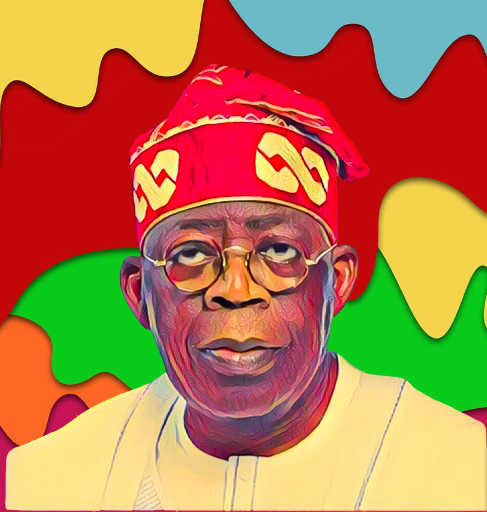KEY POINTS
- Tinubu replaced all service chiefs in major military overhaul.
- Generals praised the move as timely and tradition-based.
- Analysts say results, not symbolism, will define success.
President Bola Tinubu has approved sweeping changes in the leadership of Nigeria’s Armed Forces, a move the Presidency says is designed to strengthen the country’s security architecture and inject fresh energy into the military.
In a statement signed by his media adviser, Sunday Dare, Tinubu named General Olufemi Oluyede as the new Chief of Defence Staff, replacing General Christopher Musa. Major General Waidi Shuaibu becomes Chief of Army Staff, Air Vice Marshal S.K. Aneke is the new Chief of Air Staff, and Rear Admiral Idi Abbas assumes office as Chief of Naval Staff. Major General E.A.P. Undiendeye retains his role as Chief of Defence Intelligence.
The President thanked the outgoing service chiefs for their “patriotic service and leadership” and urged the new appointees to “justify the confidence reposed in them” by enhancing professionalism and vigilance within the Armed Forces. All appointments take immediate effect.
Retired generals welcome Tinubu’s service chiefs reshuffle
Reactions from retired military generals were largely positive, with many describing the changes as timely and consistent with long-standing military tradition.
Furthermore, Retired General Anthony Atolagbe said the move would “bring excitement to the military,” noting that the two-year tenure rotation aligns with global best practices. “It allows for career progression and prevents stagnation,” he said.
Other senior officers also agreed, saying the reshuffle restores the normal order of succession and avoids the disruptions seen in previous administrations, where service chiefs overstayed their tenure.
Rear Admiral Dickson Olisemelogor (retd) called the move “both necessary and timely” but stressed that success would depend on whether the new commanders are given full operational freedom. “The real test is in the President’s ability to empower them to deliver,” he said.
Analysts also urge results, not symbolism
Civil society voices also weighed in. Okechukwu Nwanguma, Executive Director of the Rule of Law and Accountability Centre (RULAAC), said the change “falls within the President’s constitutional prerogative,” but added that Nigerians would be watching for tangible results.
“Beyond symbolism, what matters is whether the new service chiefs will bring fresh strategy, integrity, and accountability to the fight against insecurity,” Nwanguma said.
A serving senior officer, who spoke anonymously, echoed similar sentiments, saying the outcome would depend on whether the political class allows the military to operate with clear direction and autonomy.



